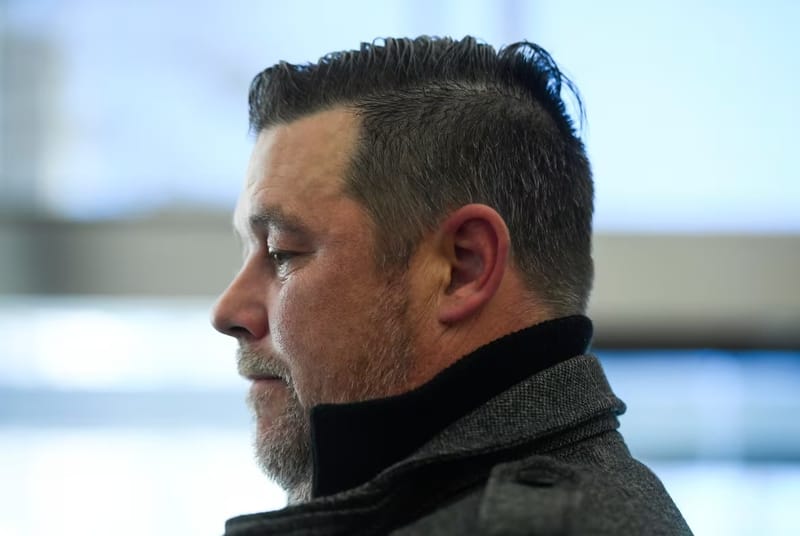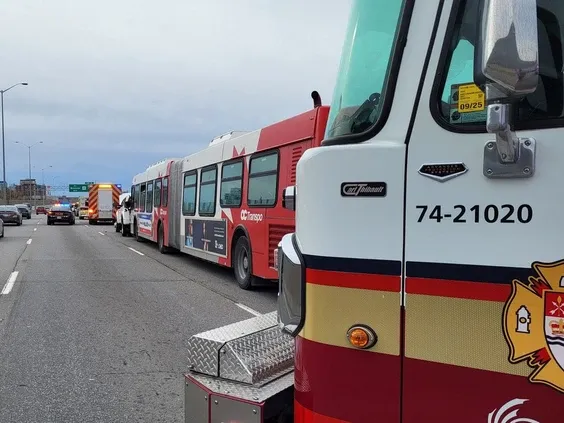Public service union calls for investigation into return-to-office mandate
CAPE wants a parliamentary committee to look into the matter

A union representing approximately 27,000 federal public servants is urging a parliamentary committee to investigate the mandate requiring employees to return to the office three days a week.
The Canadian Association of Professional Employees (CAPE) argues that the policy has been marked by “catastrophic failures” and wants the standing committee on government operations and estimates to launch an inquiry.
CAPE President Nathan Prier said the union’s members have lost trust in the senior leadership of the civil service.
"We don’t know who they’re serving, but it’s not Canadian taxpayers, and it’s certainly not federal workers," Prier told CBC.
"We’re deeply concerned about a significant decline in public service excellence due to poorly designed and poorly implemented workplace policies. We believe it’s time for parliamentarians to step in."
The committee CAPE wants involved is responsible for ensuring the "effectiveness and proper functioning of government operations." It has previously investigated issues such as the transition of the public sector health-care plan from Sun Life to Canada Life.
Treasury Board Defends the Policy
In response to CAPE’s demands, Treasury Board President Anita Anand stated that the return-to-office policy is an administrative decision, not a political one.
"This administrative decision was made by the Treasury Board Secretariat, in collaboration with the Privy Council Office and deputy ministers across government, who support this change," Anand said in a statement to Radio-Canada.
The Treasury Board, which oversees federal government operations, has previously justified the mandate by claiming it would foster “more effective collaboration and onboarding of new talent” and promote “a strong culture of performance aligned with the values and ethics of the public service.”
Pushback from Federal Workers
During the COVID-19 pandemic, many federal employees transitioned to remote work and have since resisted returning to the office. They have raised concerns about a lack of adequate office space, noisy work environments, declining morale, and a negative impact on work-life balance.
The mandate has faced opposition from unions representing over 330,000 federal workers, including the Public Service Alliance of Canada, the largest union of federal employees, which has challenged the policy in court.
However, according to Gilles LeVasseur, a professor of management and law at the University of Ottawa, it could take years for the courts to reach a final decision on the matter.
LeVasseur noted that a parliamentary inquiry through the standing committee would provide an alternative route, allowing legislators to scrutinize the executive branch’s decision-making.
"The important thing is that this process would also compel political parties to share their views on telework," he explained.
The committee is expected to announce this week whether it will open an investigation into the matter.





